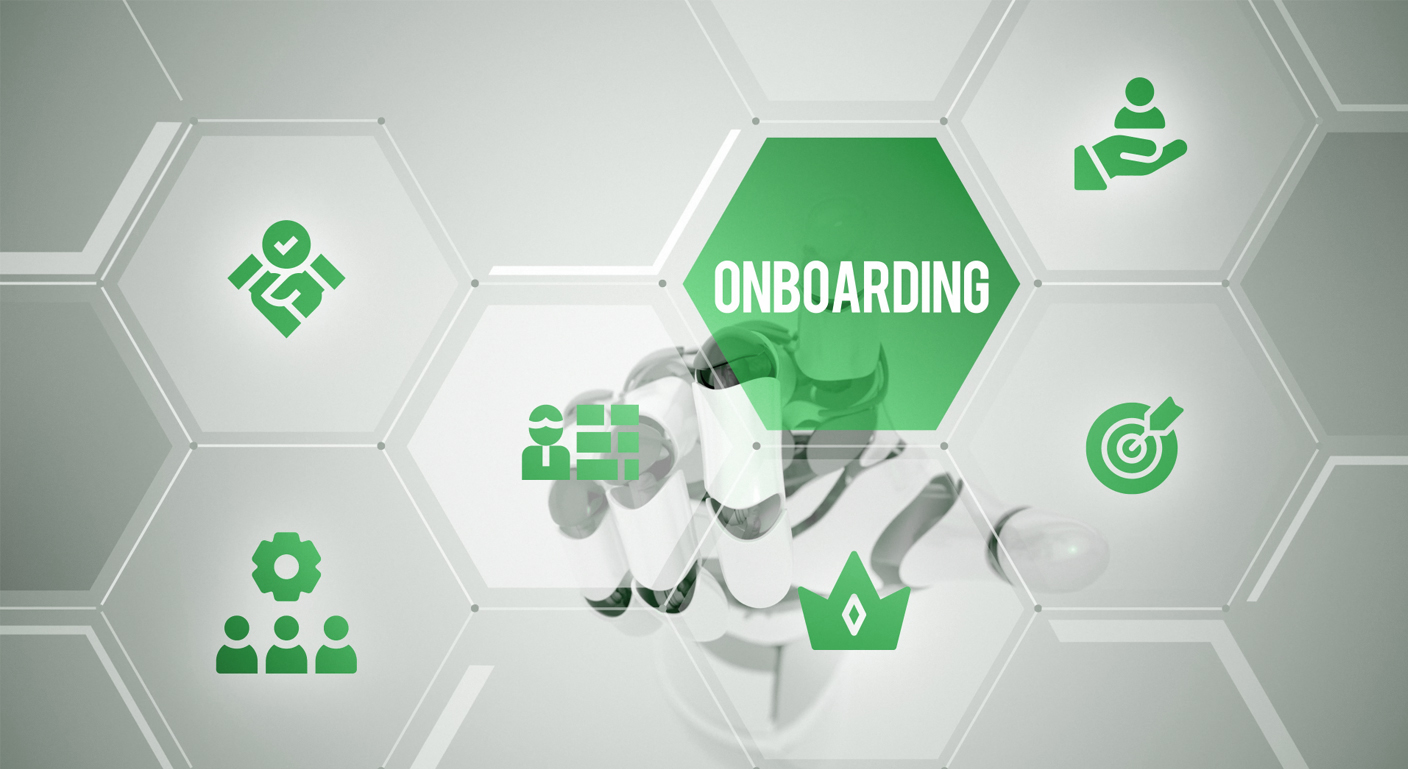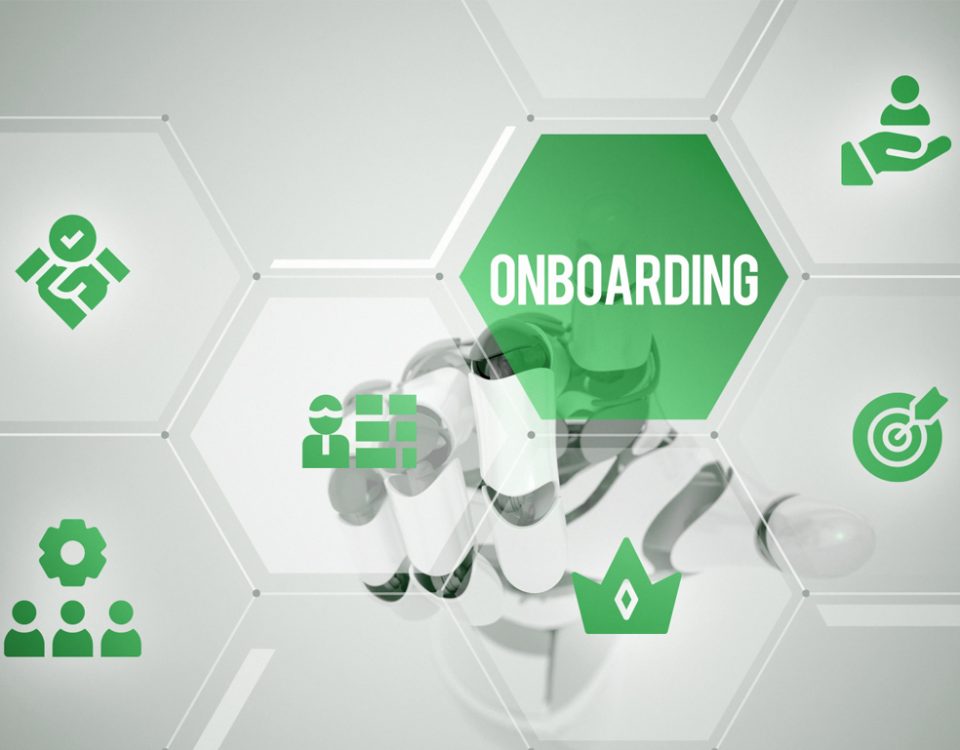
Game-Based Learning Proving Pivotal to Solve Talent Crisis in the Automobile Industry
November 28, 2022
Gamified Learning Solutions that will Supercharge Your Sales Teams
June 7, 2023Author

Sahil Samtani
Learning solutions that can help you solve talent issues in your logistics and supply chain management
The field of logistics and supply chain management is ever-evolving. To stay competitive, it's important to keep up with the latest trends and technologies in the industry, while still providing your workforce with the tools they need to succeed. This means that companies need a range of learning solutions on hand—whether it be one-on-one mentoring or online courses for everyone from entry-level employees up to senior executives.
Logistics and supply chain professionals are in high demand. They need a unique set of skills to succeed in the field. Learning solutions can help logistics and supply chain professionals upskill, develop new skills, or re-skill their existing knowledge base.
In 2021, American distribution giant IDC claimed that 60% of supply chain disruptions were caused by ineffective or outdated processes that could have been mitigated through effective and up-to-date learning solutions
The value of learning solutions is clear: they provide an opportunity for people who want to stay relevant in their field but don't know where or how to start learning more about it.
The learning needs of logistics and supply chain professionals are unique
The learning needs of logistics and supply chain professionals are unique. Logistics and supply chain professionals have a unique set of challenges, skills, responsibilities, and needs compared to other fields. They also face many different types of learners—from entry-level new hires to seasoned experts who have been at their jobs for decades—and each person has different expectations about how they learn best.
In this blog, we'll discover how these factors create a major challenge for organizations looking to deliver effective training programs that address your organization's specific needs in terms of scalability (how well it works at scale), adaptability (what it can do when faced with changing conditions) and flexibility (how much control over the process you retain). By optimizing your people management solutions through effective learning solutions, we’ll also discuss how we can overcome these concerns.
Explore market-leading learning solutions that address specific logistics and supply chain issues
There are many learning solutions available to help companies solve specific logistics and supply chain issues, both in terms of directly managing the people involved as well as how policies and standards can be rapidly shared with the entire company. For example, if your company needs more guidance on how to handle an employee's performance issue, a 360-degree feedback system could be an ideal solution. Similarly, if your organization is struggling with performance management and development programs that don't work well as part of an overall talent strategy, then it might be time for a change in approach.
A good place to start when looking at these types of learning solutions is by understanding their benefits:
- They're easy to implement—learning solutions can be implemented quickly without much effort or cost.
- They're scalable—if one solution doesn't meet all needs across your business unit(s), then another one will!
Upskill your workforce in the field of logistics and supply chain management with tailor-made learning solutions
The logistics and supply chain industry is one of the most demanding industries in the world. Getting, and retaining good talent is challenging, and it’s important to cultivate good talent and manage your people effectively. It’s not just about moving goods from one place to another, but also about ensuring that they arrive on time and in good condition. In this business, there are no second chances: if a shipment is late or damaged, it will cost the company dearly. And if a business doesn't have enough people with specialized skills, then disaster might strike at any moment!
In addition to being an important part of your business model (and therefore having high stakes), logistics and supply chain management can be complicated for many reasons:
- Different types of products—such as consumer goods versus industrial goods; raw materials versus finished products; large volumes vs small quantities; etc.—require different processes for manufacturing/delivery/storage/distribution, etc.; this makes it harder for companies involved in these activities because their knowledge base needs expansion beyond what they already know
Ozemio has helped many companies in dozens of multinational companies, including leaders in software, aviation, manufacturing, and a dozen more industries to create customized learning solutions to streamline their processes, from logistics and supply chain to sales and distribution. At Ozemio, we help our clients maximize the value of their machines and people. You can take a look at our website here, where you can reach out to one of our experts for a free consultation. If you're still unsure of your learning plan or about how we can help you, feel free to ask us for our samples and case studies that can help you get an idea of what to expect from us. We look forward to hearing from you soon.
Related services
Product Engineering



